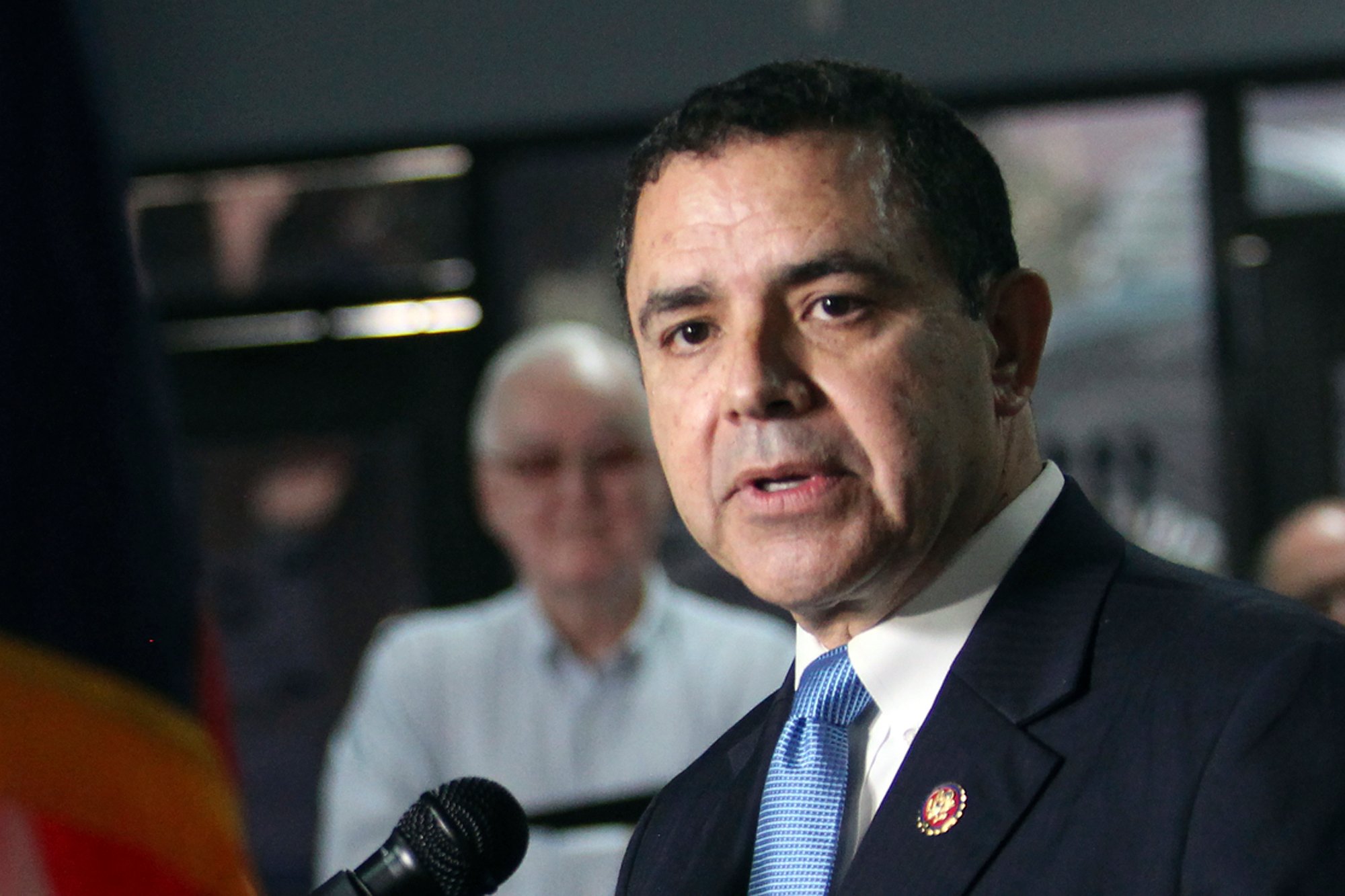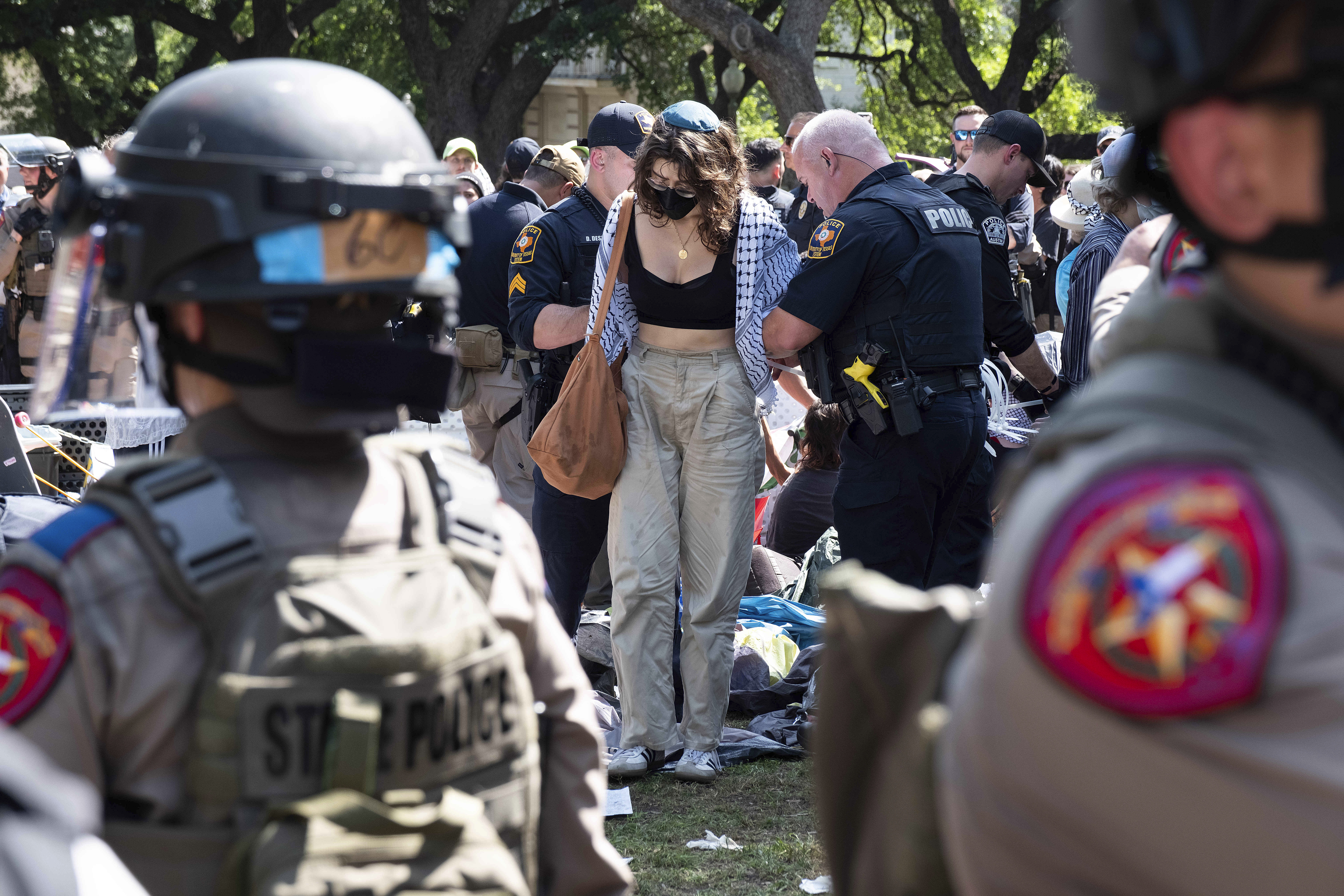ustxtxb_obs_1980_04_25_50_00023-00000_000.pdf
Page 2
The State /Matthew Lyon Intelligence Secrets The Supreme Court, Jimmy Carter and the CIA have been working hard to erode the system of checks and balances in government that so concerned the Federalists. Current debate over control of the CIA has dragged Congress and the executive branch into a traditional power struggle. Carter, calling on the “need to remove unwarranted restraints on America’s ability to collect intelligence,” would like to cloak the CIA and the presidency in united secrecy once again. Fearing a return to the old days, some members of Congress are fighting to keep the kind of reforms that made the intelligence agency accountable in the mid-1970s. But they are losing ground fast. Carter came into office three years ago saying he believed in sharing intelligence secrets with the Congress to avoid the abuses invited by secret power characteristic of the CIA’s black-bag operations in the preceding decade. Last month, however, the administration stepped up a campaign on Capitol Hill to kill comprehensive “charter” legislation that would provide congressional checks on covert operations. Ironically, it was only three months ago that the president was calling for swift passage of such a charter. He and Ronald Reagan have made almost identical statements since, demanding that the agency be “unleashed.” That brings the number of Carter’s broken campaign promises to 174. The Carter administration has been letting Admiral Stansfield Turner, Director of Central Intelligence, do most of its speaking. Turner strongly opposes the “National Intelligence Act” proposed by Sen. Walter Huddleston, D-Ken. Huddleston’s bill, two years in the preparation \(by a group of senators neither naive nor intent on dismantling the napages in length and is an attempt to clarify the constitutional limitations on American intelligence agencies the CIA, FBI, Defense Intelligence Agency and the supersecret National Security Agency. The bill also spells out a procedure requiring notification of selected members of Congress in advance of covert operations. It is this advance notice of secret activity that sets off alarm bells in the intelligence community. Adm. Turner, speaking to the Senate committee on intelli gence, said the executive branch is responsible for covert activities, and “it is not proper to share that responsibility with the Congress.” Putting prior notification into law, he contends, “would amount to excessive intrusion by the Congress into the president’s exercise of his powers under the Constitution.” The struggle for control of the CIA has become in some respects a debate over interpretations of constitutional provisions that really don’t exist. The Constitution doesn’t mention, anywhere, government intelligence, espionage or secrecy in the conduct of national affairs. On the other hand, it does grant the war powers to Congress instead of the executive, making secret wars like the one fought by the CIA in Angola illegal. The CIA’s present supplying of arms to Afghan rebel forces in Pakistan is, similarly, without constitutional authority. Fortunately, we are not without enlightened authority on the dangers of government autonomy. In the words of John Adams, reflecting the beliefs of the framers of the Constitution with regard to the three branches of government, “It is by balancing each of these powers against the other two, that the efforts in human nature toward tyranny can alone be checked and restrained, and any degree of freedom preserved in the Constitution.” Actually, the Huddleston bill carves a path between other proposed legislation. Rep. Les Aspin, D-Wis., has been more critical of cloak-and-dagger operations than many of his colleagues; he has a bill he claims will strengthen the Congressional “tether” on the intelligence community. In sharp contrast, another measure now before Congress by Sen. Daniel Patrick Moynihan, D-NY, would go far in freeing the CIA from most restraints. According to Aspin, a defense expert, the debate has been distorted by myths and “false issues” that have worked to the CIA’s advantage. For instance, the controversy is knotted by the fear of leaks. The intelligence community contends that the greatest danger in letting members of Congress in on sensitive operations is the likelihood that leaks will occur. Adm. Turner recently tried to testify as much but was immediately forced to admit, in a heated public exchange with Sen. Birch Bayh, D-Ind. and chairman of the Select Committee on Intelligence, that he knows of not a single instance of such a leak from Capitol Hill sources. Rather, it is commonly agreed that while Congressional committees keep their secrets, the largest source of sensitive leaks is the executive branch. The point in this, it seems, is not that the Congress keeps a secret better. Nor is it necessarily that the inhabitants of the Oval Office have loose lips. Historically, the leak has been used by presidents to enhance their political fortunes in troubled times; witness the latest example, the release of information that the CIA played a role in helping the Canadian government smuggle six Americans out of Iran under cover of forged passports. The point is that the system of checks and balances has been compromised in the practice of overseeing intelligence activities. The members of Congress responsible for keeping the intelligence community in line become myrmidons, converts to the brotherhood of spies, true believers in the circle of secrecy. They are a part of the intelligence establishment; it is no secret that the overseers have in the past acted routinely to rubber-stamp the CIA’s covert actions. Yet shared secrecy may be better than the emerging alternative, blind trust. The Carter administration has already won a major position in the current struggle. On March 12, five and one-half years after gaining the right to review the CIA’s covert operations, the House Foreign Affairs Committee voted to discontinue that responsibility. By a voice vote, the 34-member committee gave the president discretion to carry out clandestine actions without informing Congress. If upheld by the full House, as seems likely, the repeal of the so-called Hughes-Ryan amendment could undercut attempts in the Senate to pass a CIA charter bill. The passage of a CIA charter is now given little chance this year. With the present mood in foreign policy, fears of American weakness abroad exacerbated by Iran and Afghanistan, it is likelier that the White House and Congress will quickly push through a shorter bill unleashing the intelligence agencies. The Supreme Court, too, has joined in the feverish removal of limitations on government secrecy. The court recently enforced a CIA gag order placed on the agency’s former employees, Frank Snepp, Philip Agee and Texan John Stockwell. THE TEXAS OBSERVER 23


